2 min read
Gospel-Centered from the Start
“Let us hold unswervingly to the hope we profess, for He Who promised is faithful…Jesus Christ is the same yesterday, today, and forever.” (Hebrews...
4 min read
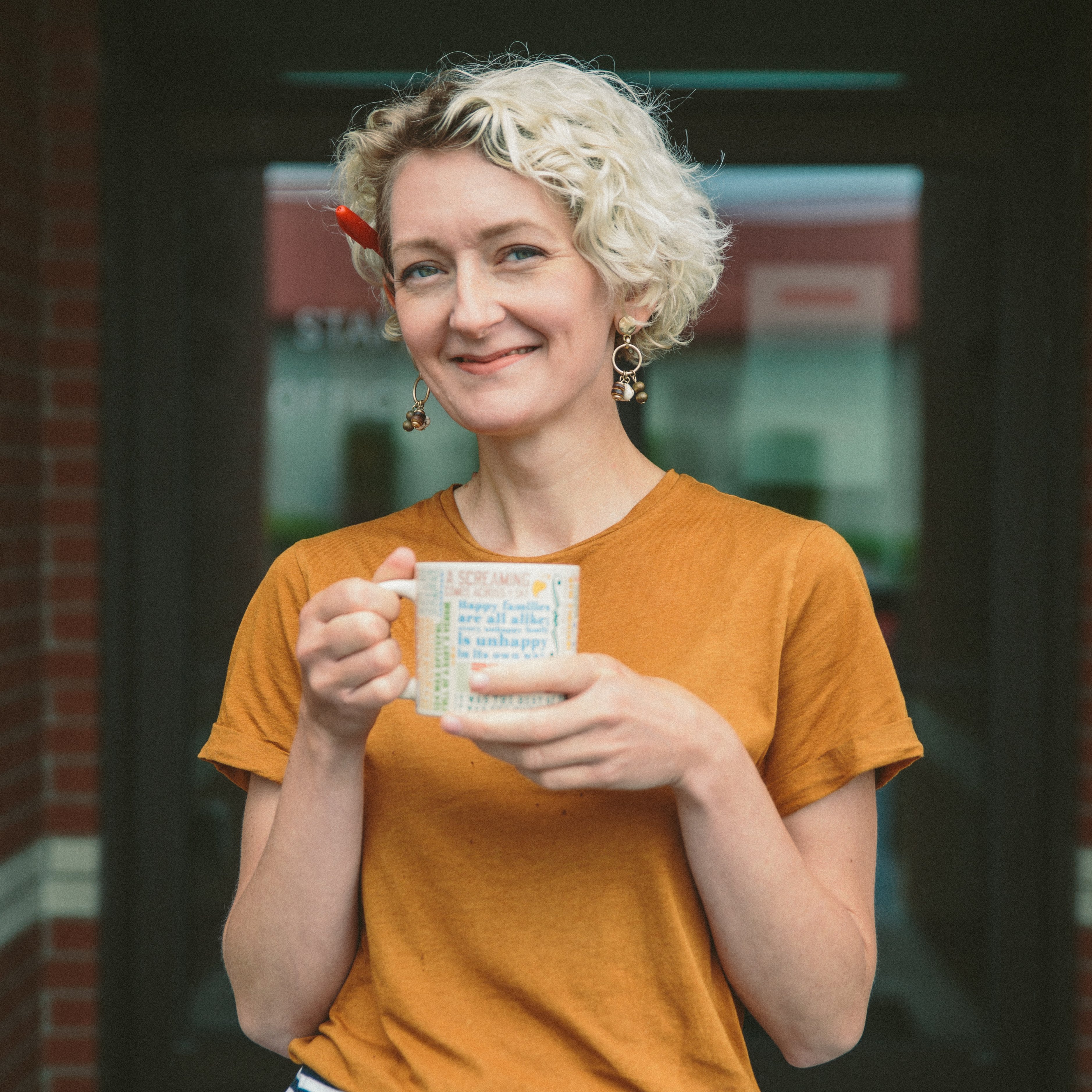 Genevieve Gromlich, former Content and Communications Manager
:
August 27, 2020
Genevieve Gromlich, former Content and Communications Manager
:
August 27, 2020
As much as we might like to have a sense of control, Union Gospel Mission is not in the business of gathering broken people, fixing them up, and sending them on their way. Real people do not fit into that model and real change doesn’t occur predictably. Instead, UGM believes in coming alongside those we serve, presenting life-changing options, loving them well, and showing them the steadfast and ever-present love and power of God.
UGM’s Becky Wall, a counselor in Women’s Recovery at Anna Ogden Hall, exemplifies this reliance on God's plan in ministry.
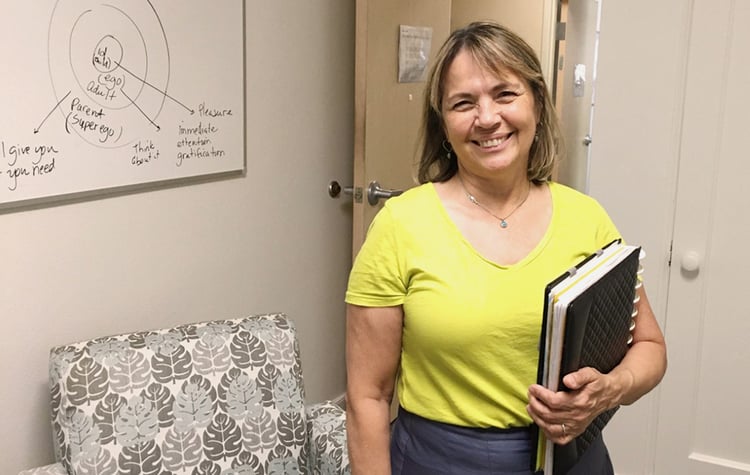
“God can do it outside of here and he can do it anywhere.” She’s talking about healing. While a woman might come to UGM for help, she may not be able to receive everything the staff and counselors want to give. It doesn’t mean that God is through with her. And it doesn’t mean we’ve failed. It certainly doesn’t mean she has failed.
“We say to the women, ‘I trust you in your journey, because it’s your journey. You get to manage it the way you want to.”
Anna Ogden Hall is not a crisis shelter. It's where women come after completing UGM First Steps, an introduction to Recovery. This is one of the two UGM campuses where women live once they have chosen to commit a season of their lives to overcoming unhealthy addictions and gaining new life skills. These are women who are determined to change. This is also where a phenomenal team of highly experienced and educated women serve. There is power here.
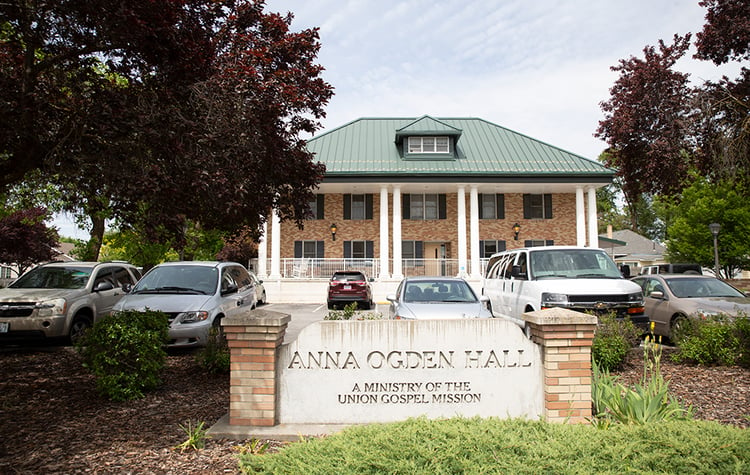 But it is the kind of power that sits in an open palm: God’s mysterious power.
But it is the kind of power that sits in an open palm: God’s mysterious power.
Becky is not a stranger to the mysteries of God’s ways. When they were first married, she and her husband Dave, UGM’s Director of Community Engagement, decided they wanted to spend their lives in ministry. They both put in some time in other careers on the way, and Becky stayed home with their four children for several years, but by and large, they have met their goal and even raised their children within the “family” of UGM, teaching them to care for the underserved, the hurting and those struggling through addictions. So it was painful when, as a young adult, their third child fell into an addiction of her own. And it wasn’t just an experimental addiction. The substance abuse took hold and the entire family has spent years grappling with and learning to accept the fact that this too can be a part of God’s plan.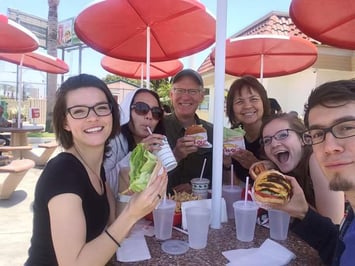
“It made being here more pertinent for me,” says Becky. “Because I felt like it was redemptive for me, you know, and I felt like we have something to offer as a family, and for me as a mother. It’s an under-girding purpose for being here—to be a safety net for those women. It’s helpful for them to see me in my role as a mother of an addicted child. They really recognize that I understand their challenges and struggles.”
Talking to Becky, you begin to get a sense of the vulnerability she offers to the women in her care, and the potential for their deeper truths to surface as a response. When a woman is welcomed into a relationship instead of set apart as a project, more often than not she will begin to uncover the layers of her own story. Our question for Becky, though, was, “How do you handle hearing stories of trauma day in and day out, and not internalize that pain?”
“We put the women in charge of their own healing, and we trust them with that.” She says they use a therapy called psychodrama that helps facilitate client-lead healing.
“Through psychodrama, we do a lot of inner-child healing, because that’s where the damage occurred. We go back to where the damage took place and we bring their older self now.
"And their older self can address the needs of the younger child and say, ‘I’m going to take care of you and I’m going to meet your needs and you’re going to find out that life is going to be okay.’
"This puts them in charge of the process. They can stop if they need to. It’s very empowering. We end it by saying, ‘Thank you for sharing your story. I trust you in your journey and I trust God with you. In this way we can have empathy and step into their pain, but we can also step back out so that we are not vicariously traumatized.”
Becky goes on to explain that there’s more to women’s recovery than dealing with traumatic incidences or addiction, there’s often a basic need for re-parenting. “They had no tools growing up. Most of the women here have come from severely-lacking families. Needs weren’t being met and they didn’t form the kind of healthy attachments with their caregivers that they needed. And that loss is an umbrella for a lot of things like abuse, neglect, abandonment, rejection. So part of what I do in counseling is build an alliance with them, a strong connection with them, so that they know I’m for them and that I advocate for them.”
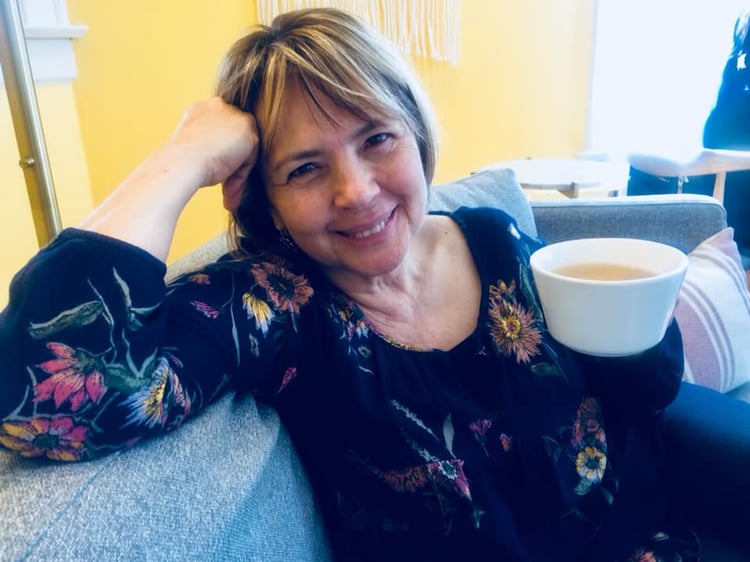 She says this is done through basic empathy, listening, and being able to empower them to see their value. “If they see that you genuinely like them, then they’re going to like themselves, you know? And if they know that you believe in them, and you communicate to them and give them a lot of positive input—not sappy, but genuine—then they’re going to take that on themselves. And then when we have conversations we talk about that a lot.
She says this is done through basic empathy, listening, and being able to empower them to see their value. “If they see that you genuinely like them, then they’re going to like themselves, you know? And if they know that you believe in them, and you communicate to them and give them a lot of positive input—not sappy, but genuine—then they’re going to take that on themselves. And then when we have conversations we talk about that a lot.
"‘What can you give yourself?’ ‘How can you be kind to yourself?’ They’re so self-deprecating and so condemning of themselves.”
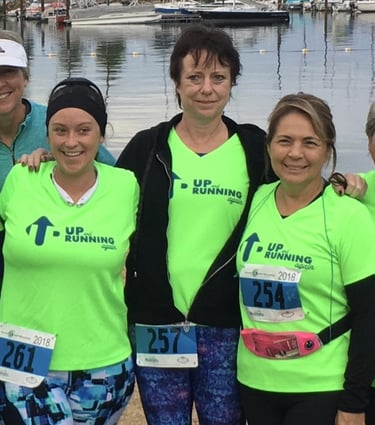 Women in recovery need to know they are loved and respected; they do not simply need to be rescued. Becky and the team of women facilitating Women’s Recovery at Anna Ogden Hall have to show up every day, in every relationship, with no set expectations. To show up anticipating a moment of change makes less and less sense as you spend time with the residents. This ministry isn’t about forming women into a neat and clean image; it’s about revealing to them the love and power of a God who will follow them and lead them all the rest of their days; it’s about revealing their own value; it’s about replacing the craving for mind-numbing substances with a craving for the nearness of God.
Women in recovery need to know they are loved and respected; they do not simply need to be rescued. Becky and the team of women facilitating Women’s Recovery at Anna Ogden Hall have to show up every day, in every relationship, with no set expectations. To show up anticipating a moment of change makes less and less sense as you spend time with the residents. This ministry isn’t about forming women into a neat and clean image; it’s about revealing to them the love and power of a God who will follow them and lead them all the rest of their days; it’s about revealing their own value; it’s about replacing the craving for mind-numbing substances with a craving for the nearness of God.
It’s about a power far greater than ours.
Becky has served in numerous ministerial capacities since her first employment with UGM in 1989 and readily admits she has not changed a single life. She has, however, continually taken deep joy in presenting God’s loveliness and power to countless women and in watching that power turn troubled hearts into hearts set free.
Union Gospel Mission’s purpose is to reach the poor with the love and power of the gospel so they may become God-dependent, contributing members of society.
We think that is the perfect description of Becky.
A life of ministry may be more about letting go than gaining control, but the strength it takes to remain in a state of surrender to God is honorable. Our staff who daily engage in heart-to-heart work in the ministry have our utmost respect. Thank you, Becky, for trusting us with your story.

2 min read
“Let us hold unswervingly to the hope we profess, for He Who promised is faithful…Jesus Christ is the same yesterday, today, and forever.” (Hebrews...

9 min read
To celebrate 75 years of serving the Inland Northwest, we are spending the year remembering our history and the faithfulness that built us and...

2 min read
In 2026, Union Gospel Mission Inland Northwest is approaching our 75th Anniversary! This is a milestone that invites gratitude and reflection, and...
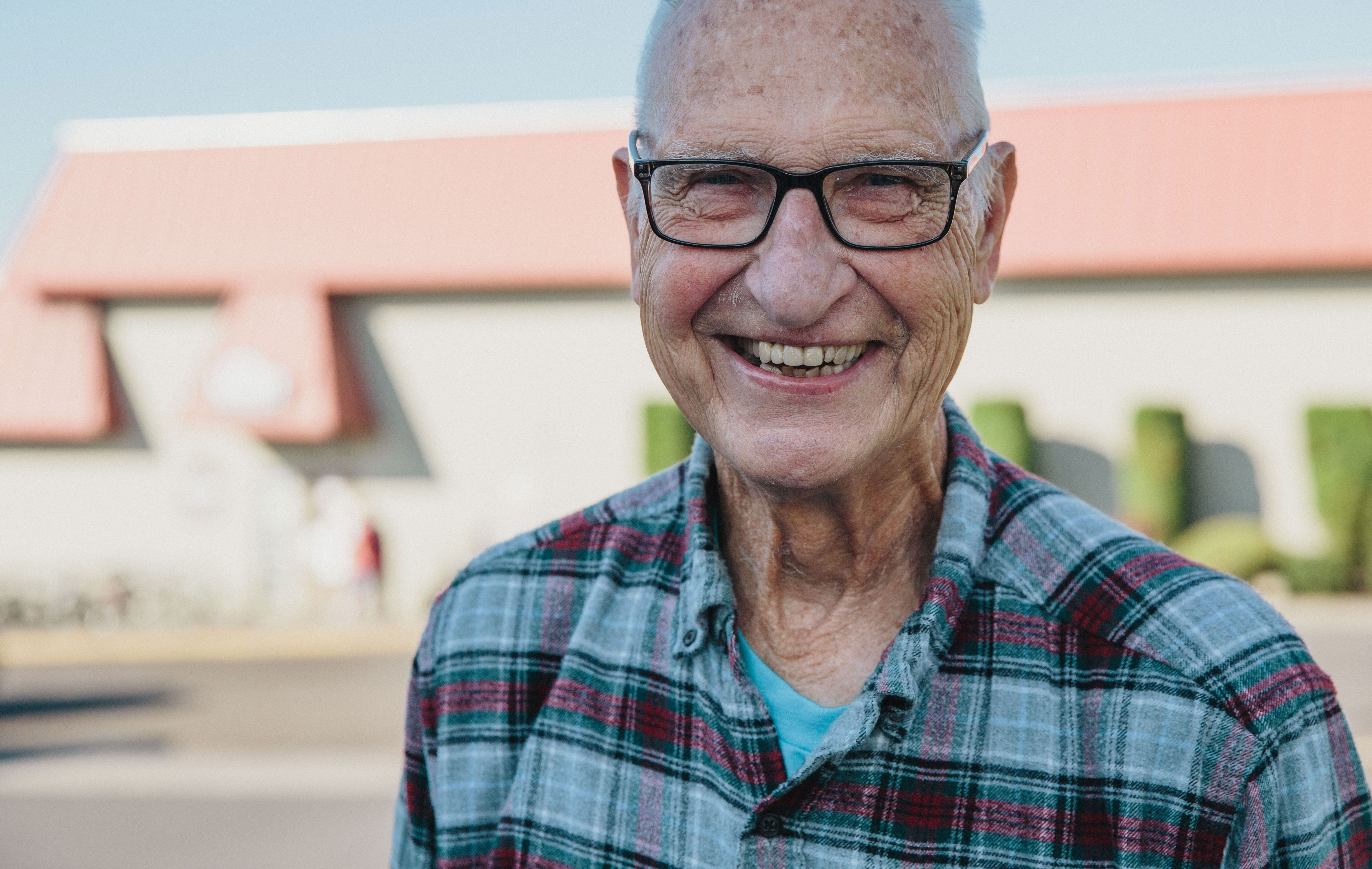
Dr. Ed Schultze received his doctorate in psychology from Fuller Seminary and has been working in the field for about 50 years. He has worked...

In 2026, Union Gospel Mission Inland Northwest is approaching our 75th Anniversary! This is a milestone that invites gratitude and reflection, and...
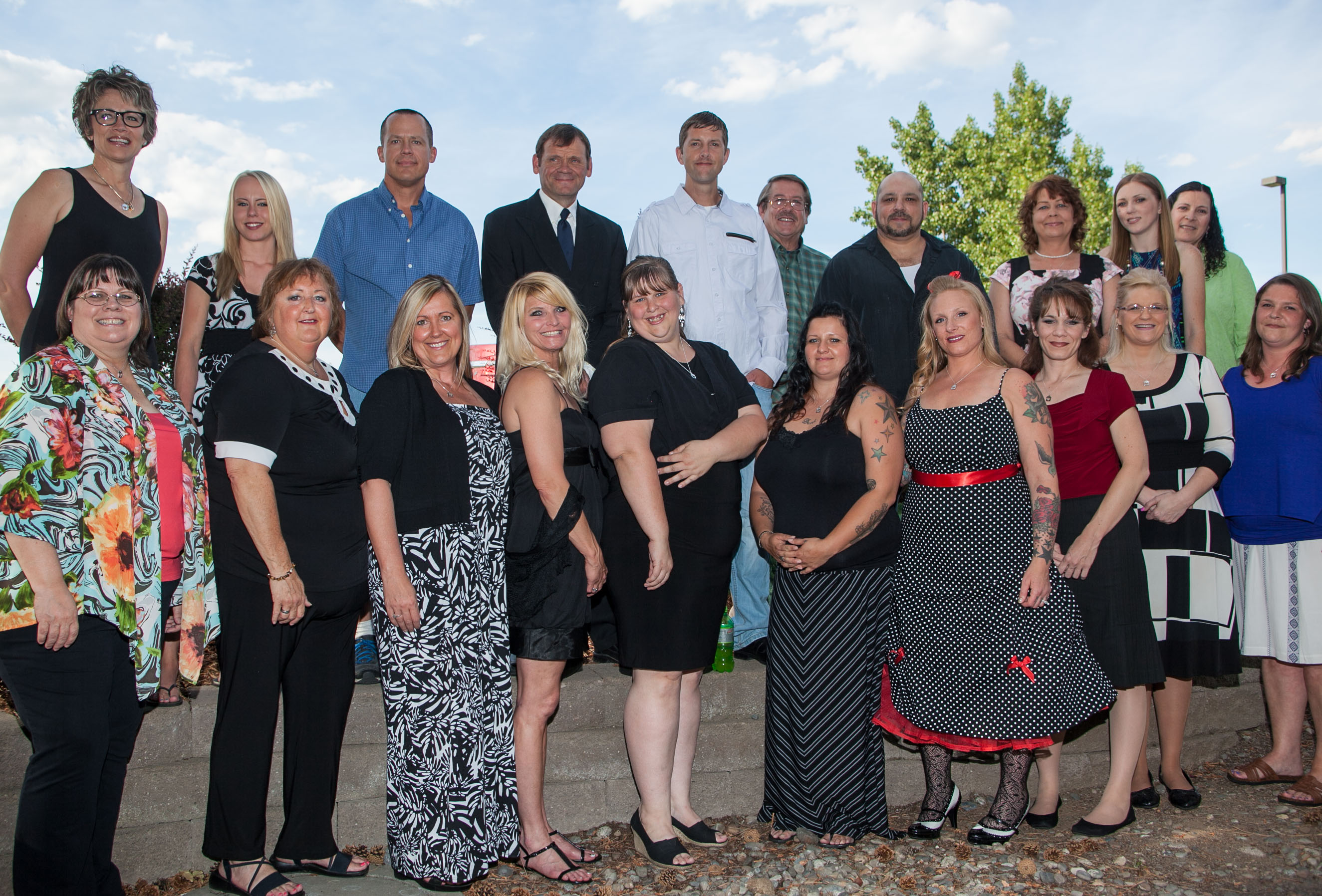
By Merrily Brast, Staff Writer In Process On Tuesday, June 16th, 22 individuals graduated from UGM LIFE Recovery. However, as Executive Director Phil...